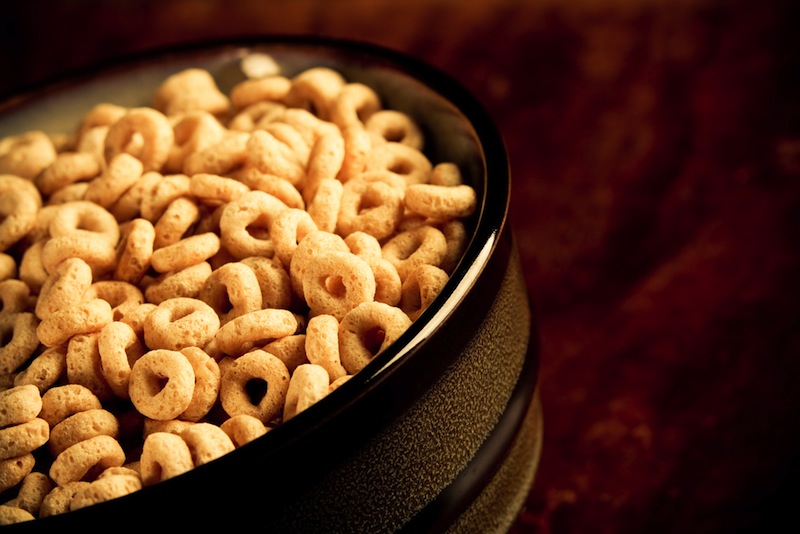
New GMO-Free Cheerios Arguably Less Nutritious

Get the world’s most fascinating discoveries delivered straight to your inbox.
You are now subscribed
Your newsletter sign-up was successful
Want to add more newsletters?

Delivered Daily
Daily Newsletter
Sign up for the latest discoveries, groundbreaking research and fascinating breakthroughs that impact you and the wider world direct to your inbox.

Once a week
Life's Little Mysteries
Feed your curiosity with an exclusive mystery every week, solved with science and delivered direct to your inbox before it's seen anywhere else.

Once a week
How It Works
Sign up to our free science & technology newsletter for your weekly fix of fascinating articles, quick quizzes, amazing images, and more

Delivered daily
Space.com Newsletter
Breaking space news, the latest updates on rocket launches, skywatching events and more!

Once a month
Watch This Space
Sign up to our monthly entertainment newsletter to keep up with all our coverage of the latest sci-fi and space movies, tv shows, games and books.

Once a week
Night Sky This Week
Discover this week's must-see night sky events, moon phases, and stunning astrophotos. Sign up for our skywatching newsletter and explore the universe with us!
Join the club
Get full access to premium articles, exclusive features and a growing list of member rewards.
Responding to public distrust of genetically modified food ingredients, General Mills and Post have come out with non-GMO Cheerios and Grape Nuts — but the new versions of the cereals appear less nutritious than before.
Original Cheerios used to provide 25 percent of the daily value of riboflavin, or vitamin B2, per serving, according to the trade publication Food Navigator. Now, a serving offers only 2 percent of the recommended daily value. Non-GMO Grape Nuts lack vitamin A, vitamin D, vitamin B12 and vitamin B2.
The companies declined to explain the vitamin loss to Food Navigator, but the reason likely has to do with the difficulty of sourcing vitamins from non-genetically modified sources. Genetically modified organisms have been altered through genetic engineering to promote certain traits, such as drought resistance in corn or herbicide resistance in rice. (Traditional agricultural modification requires breeding plants for these traits; genetic engineering speeds up the process by plucking beneficial genes from one organism and incorporating them into another.)
The American Association for the Advancement of Science (AAAS), American Medical Association (AMA), the World Health Organization (WHO), among others, have found no health risks from consuming genetically modified foods on the market. Genetic engineering is a tool that can be used to create a variety of products, according to the WHO, so genetically modified ingredients should be tested on a case-by-case basis for safety.
Nevertheless, public concerns over health and ecology have led to GMO bans in some nations and a few localities in the United States, most recently on the island of Hawaii. Companies seeking to capture this anti-GMO market have begun labeling their products as GMO-free or even altering the ingredients, in the case of Cheerios and Grape Nuts.
Vitamins are tough to certify as GMO-free, however, according to Food Navigator. They may be manufactured from genetically modified organisms or encapsulated with corn or soy products to prevent them from degrading. These additives might also be genetically modified — as, in fact, are 90 percent of the soy, cotton, canola, corn and sugar beets sold in the U.S.
Follow Stephanie Pappas on Twitter and Google+. Follow us @livescience, Facebook & Google+.
Get the world’s most fascinating discoveries delivered straight to your inbox.

Stephanie Pappas is a contributing writer for Live Science, covering topics ranging from geoscience to archaeology to the human brain and behavior. She was previously a senior writer for Live Science but is now a freelancer based in Denver, Colorado, and regularly contributes to Scientific American and The Monitor, the monthly magazine of the American Psychological Association. Stephanie received a bachelor's degree in psychology from the University of South Carolina and a graduate certificate in science communication from the University of California, Santa Cruz.
 Live Science Plus
Live Science Plus










